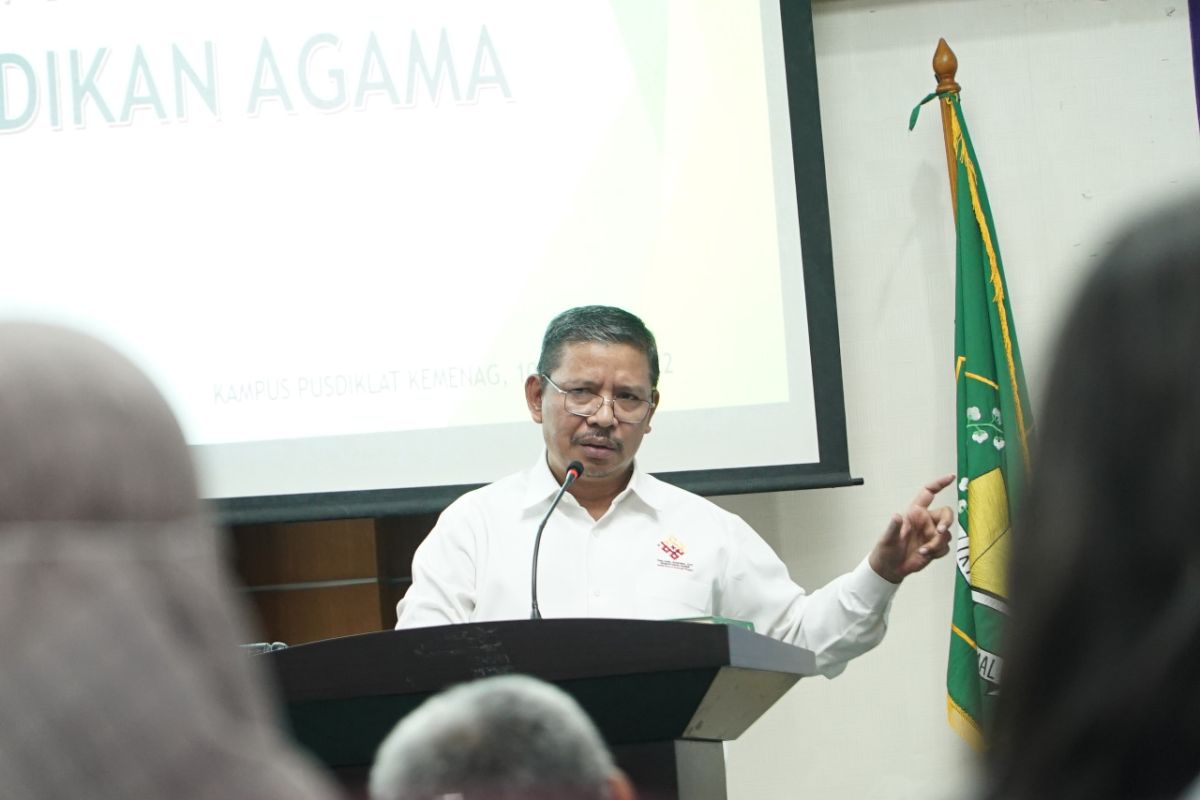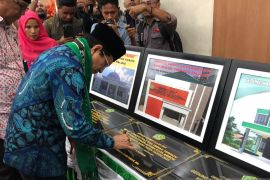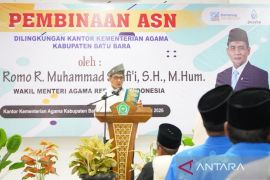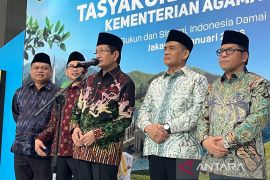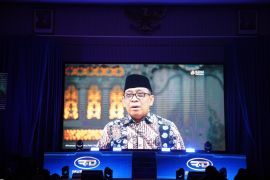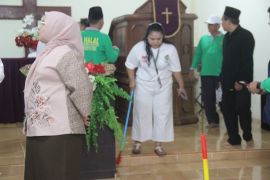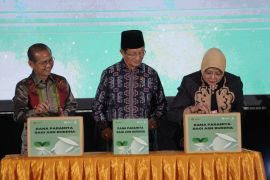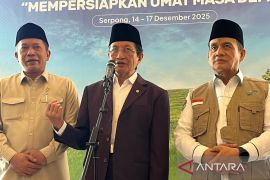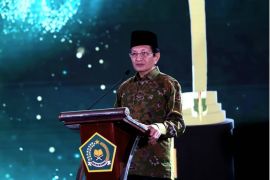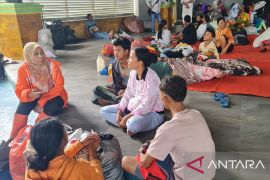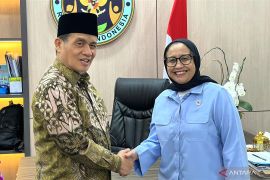"It is impossible for them to be served regularly, face to face. This manual service has a small reach and is few, slow, and limited. We have to leave it behind," Head of the Religious Moderation and Human Resource Development Agency of the Ministry of Religious Suyitno stated in Jakarta, Tuesday.
Suyitno remarked that there were about 237 thousand civil workers at the Ministry of Religious and if Government Employees with Employment Agreements (PPPK) and members of the community that assisted the Ministry's tasks were to be added, then the figure reached almost 1.8 million people.
According to Suyitno, this fact demands a large service. He believes that technology-based training services are very relevant in an era that is continuously developing. The cost is cheap, so the budget used is also very efficient.
"There has to be technology to help serve them," he stated.
Suyitno cited an example of the implementation of the Merdeka Curriculum training that is currently underway using the Smart MOOC (Massive Open Online Course) that is highly efficient on a budget.
"The cost is low, and the budget efficiency is more than one hundred billion rupiah. The use of state funds is very appropriate," he stated.
Related news: Ministry to learn about technology adoption from CUFS
The same aspect was highlighted by Head of the Center for Educational and Religious Technical Personnel of the Ministry of Religious Mastuki. He noted that currently, 20,351 participants were participating in the Merdeka Curriculum training.
If the training is conducted manually face-to-face, then it comes out to 678 batches, he remarked while assuming 30-40 participants in each activity. The cost per class comes out to some Rp170 million.
"If done face-to-face, a budget of Rp115 billion could be spent on the 678 batches. However, with Smart MOOC, the budget needed is only Rp200 million. It is very efficient, cheap, and beneficial," Mastuki remarked.
The Merdeka Curriculum Training took place on February 3-14, 2023, with a diverse range of participants comprising teachers, madrasa heads, supervisors, lecturers, and members of the general public.
Related news: Indonesian madrasahs embrace digital technology
Related news: Ministry pins growth in zakat collection to use of technology
Translator: Asep Firmansyah, Cindy Frishanti Octavia
Editor: Yuni Arisandy Sinaga
Copyright © ANTARA 2023
